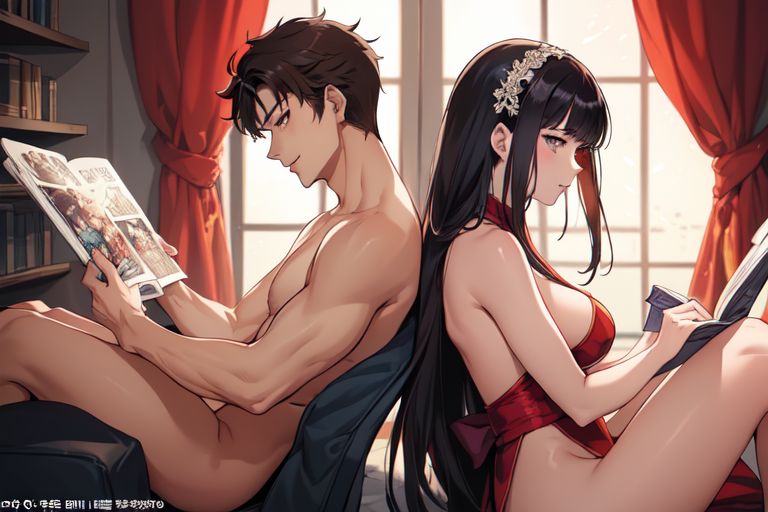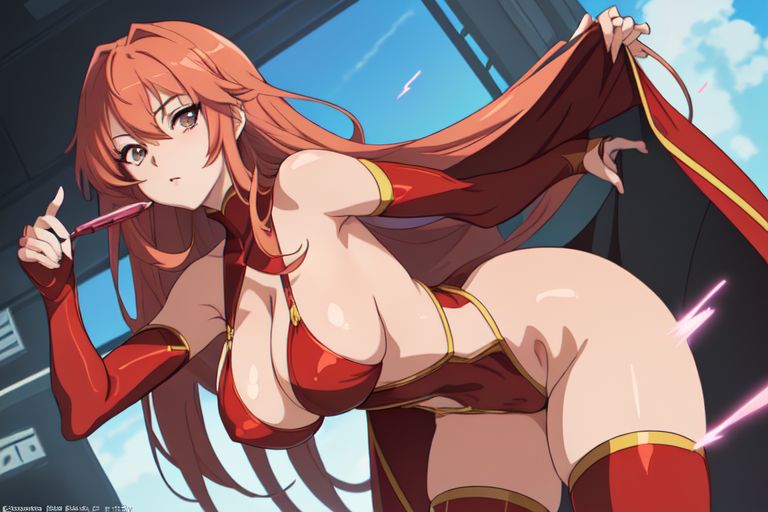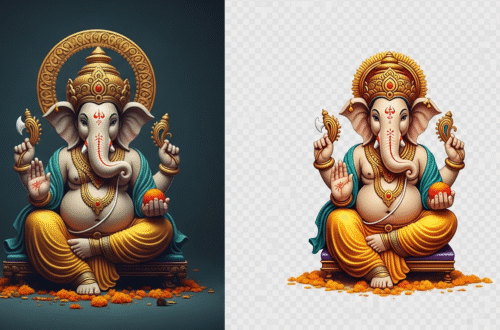Secret Class is a polarizing manhwa that has captured significant attention in the world of Korean webtoons, particularly within the adult genre. Known for its mature themes, explicit content, and controversial narrative, it has sparked both intrigue and debate among readers. This article aims to provide a comprehensive overview of “Secret Class,” its origins, themes, appeal, criticisms, and how to approach it responsibly as a reader. Let’s explore what makes this manhwa so widely discussed and where it fits into the broader landscape of manhwa culture.
Table of Contents
What is “Secret Class” Manhwa?
“Secret Class” (also known as “Bimilsueop” in Korean) is a webtoon written by Gang-Cheol Wang and illustrated by Minachan. It falls under the adult or “pornhwa” category, a niche subset of manhwa aimed at mature audiences due to its explicit sexual content and themes. First serialized in 2020, the series is published on platforms like Toptoon, a Korean digital comics platform known for hosting mature content. It has since been translated into multiple languages and gained a global following, with English translations widely available through official and fan-made sources.
The story follows Dae-ho, a young man who becomes an orphan at the age of 13 after losing his parents. He is adopted by his father’s friend, a man named Ronald, and moves in with Ronald’s family, which includes his wife June and their daughters. As Dae-ho grows into adulthood, he remains naive about relationships and intimacy. Sensing this, the women in the household—June and her daughters—decide to give him a “secret class” to teach him about such matters, leading to a series of explicit and ethically complex encounters.
Themes and Narrative Style
At its core, “Secret Class” is a fantasy-driven adult manhwa that prioritizes provocative scenarios over deep storytelling. The narrative revolves around Dae-ho’s coming-of-age journey, but instead of focusing on emotional or psychological growth, it leans heavily into sexual escapades and taboo relationships. Themes of forbidden desire, power dynamics, and seduction dominate the story, with much of the plot serving as a vehicle for these encounters rather than a cohesive character-driven drama.
The art style, handled by Minachan, is a significant draw for readers. The illustrations are detailed and vibrant, with a strong emphasis on the physical appearances of characters. This visual appeal aligns with the genre’s expectations, where aesthetics often play as crucial a role as the story itself. However, the plot’s simplicity and repetitive nature have led some to criticize it as lacking depth, a common critique of pornhwa as a whole.
The Appeal of “Secret Class”
Despite its controversies, “Secret Class” has amassed a large fanbase, and understanding its appeal requires looking at both the cultural context and the genre it inhabits. Here are some reasons why it resonates with readers:
- Escapist Fantasy: Like many adult manhwa, “Secret Class” offers an escapist fantasy for readers. The exaggerated scenarios and idealized characters cater to specific desires, providing a form of entertainment that doesn’t demand moral or intellectual complexity.
- Artistic Quality: The artwork is undeniably a selling point. Minachan’s illustrations are polished and dynamic, making the series visually engaging even for those who might not connect with the story.
- Taboo Exploration: The manhwa delves into forbidden relationships and societal taboos, which can intrigue readers who enjoy boundary-pushing narratives. The dynamic between Dae-ho and the older women in his life taps into fantasies of power imbalances and mentorship turned intimate.
- Accessibility: With platforms like Toptoon and various fan-translation sites, “Secret Class” is easy to access. Its serialized format, with bite-sized chapters, makes it a quick read for those looking for casual entertainment.
Criticisms and Controversies
While “Secret Class” has its fans, it’s not without significant criticism. The manhwa has sparked debates around its content, ethical implications, and narrative quality. Here are some of the primary points of contention:
- Ethical Concerns: The premise of “Secret Class” involves relationships that blur lines of consent and familial boundaries. Dae-ho’s naivety and the older characters’ roles as his “teachers” raise questions about manipulation and exploitation, even within the context of a fictional fantasy.
- Lack of Depth: Many readers and critics argue that the story prioritizes explicit content over character development or plot progression. After the initial setup, the narrative often feels repetitive, with new chapters introducing similar scenarios rather than evolving the story meaningfully.
- Cultural Misinterpretation: For international readers, the themes and dynamics in “Secret Class” can be jarring or misinterpreted without understanding the cultural context of Korean manhwa. What might be intended as a hyperbolic fantasy can come across as problematic or offensive to those unfamiliar with the genre’s conventions.
- Impact on the Genre: Some argue that the popularity of manhwa like “Secret Class” perpetuates stereotypes about adult manhwa, overshadowing more nuanced or story-driven works in the medium. This can make it harder for creators of less explicit content to gain recognition.
Where to Read “Secret Class” Responsibly
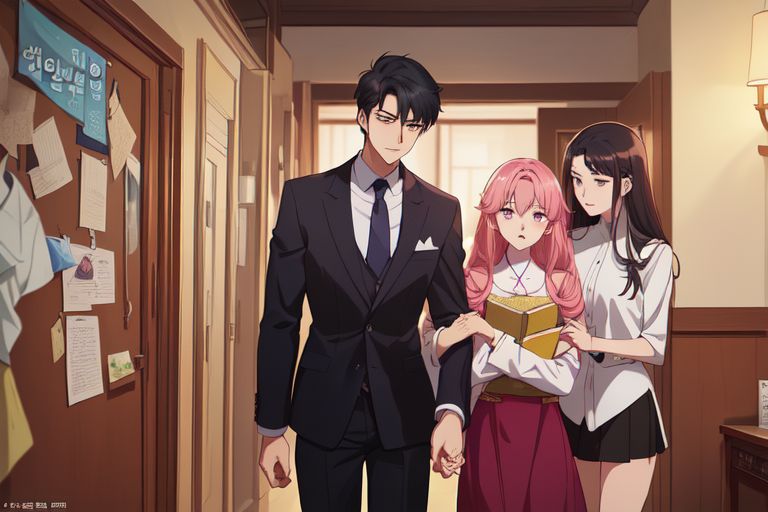
If you’re interested in reading “Secret Class,” it’s important to do so through legitimate channels to support the creators and avoid legal or ethical issues. Here are some tips for accessing the manhwa responsibly:
- Official Platforms: The primary source for “Secret Class” is Toptoon, where it’s originally published in Korean. English versions are available on Toptoon Plus, the platform’s international arm. While it requires a subscription or coin-based payment, this ensures the creators are compensated.
- Avoid Piracy: Numerous websites offer free access to “Secret Class,” but many of these are unauthorized and host pirated content. Using such sites not only undermines the artists but can also expose you to malware or legal risks.
- Age Restrictions: Given its explicit content, “Secret Class” is intended for readers aged 18 and older. Official platforms typically have age verification systems in place, so be prepared to confirm your age before accessing the series.
- Community Discussions: Engaging with communities on platforms like Reddit (e.g., r/manhwa) can provide recommendations for similar works and insights into the series’ reception. However, be mindful of spoilers or discussions that might veer into inappropriate territory.
How to Approach “Secret Class” as a Reader
If you decide to read “Secret Class,” here are some tips to approach it thoughtfully:
- Set Expectations: Understand that this manhwa is primarily an adult fantasy, not a deep literary work. If you’re looking for complex characters or intricate plots, you might be disappointed.
- Be Aware of Triggers: The explicit content and questionable dynamics may be unsettling or triggering for some readers. If themes of manipulation, taboo relationships, or graphic depictions bother you, it might be best to skip this series.
- Support the Creators: If you enjoy the series, consider purchasing chapters or subscribing to official platforms. This supports the artist and writer, ensuring they can continue producing content.
- Engage Critically: While it’s easy to consume “Secret Class” as pure entertainment, reflecting on its themes and implications can lead to a more nuanced understanding of the genre and its cultural context.
The Broader Context of Adult Manhwa
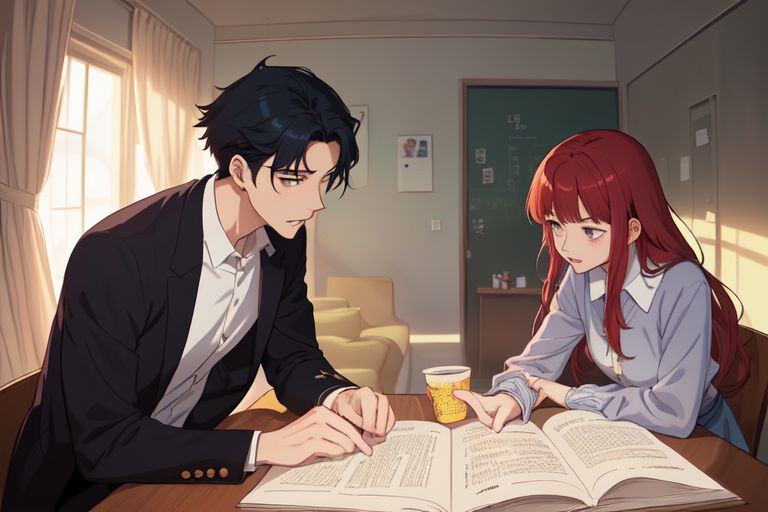
“Secret Class” is just one of many adult manhwa that have gained traction in recent years, reflecting a growing demand for mature content in the medium. The rise of digital platforms has made it easier for creators to publish niche works that might not fit traditional publishing models, leading to an explosion of genres like pornhwa. However, this also means navigating a landscape where quality varies widely, and ethical considerations often take a backseat to market demand.
For readers interested in exploring adult manhwa beyond “Secret Class,” titles like Sweet Guy, Miss Mystic, or Silent War offer similar mature themes but with different narrative approaches. Each of these works has its own strengths and flaws, but they collectively highlight the diversity within the genre.
Conclusion
“Secret Class” is a manhwa that thrives on its provocative premise and striking visuals, appealing to readers who enjoy adult fantasies with a taboo edge. However, its lack of narrative depth and ethical complexities make it a divisive work, loved by some and criticized by others. Whether you’re drawn to its art, curious about its reputation, or simply exploring the world of adult manhwa, approaching it with an open yet critical mind is key.
As with any media, the way you engage with “Secret Class” matters. By supporting official releases, being mindful of its mature themes, and reflecting on its content, you can appreciate what it offers while acknowledging its limitations. If you choose to dive in, do so thoughtfully—and perhaps keep an eye out for other manhwa that might offer a more balanced blend of story and spectacle.


